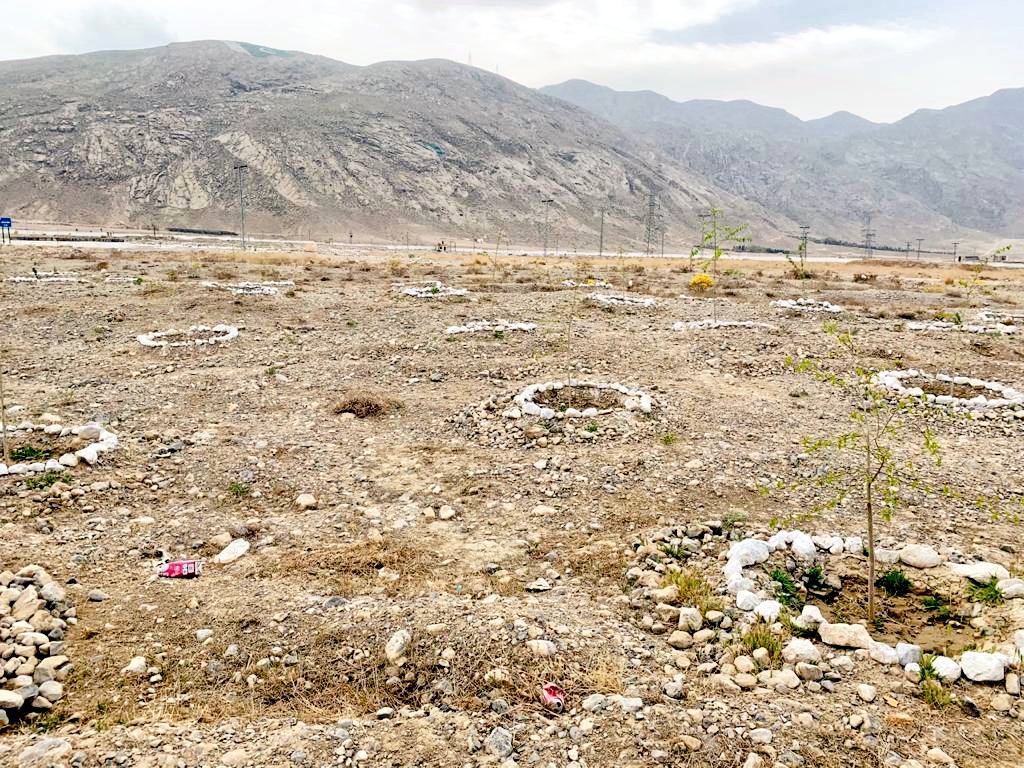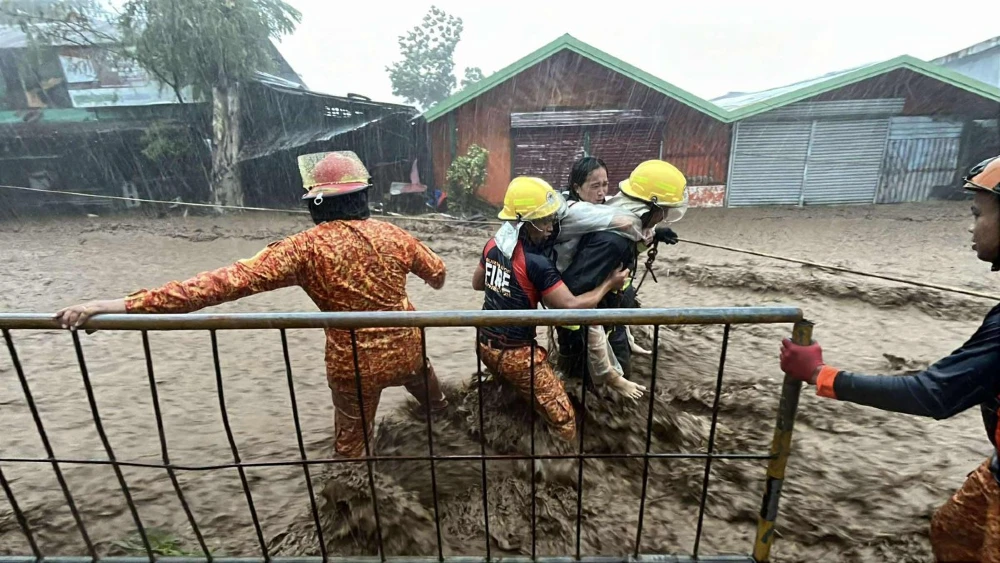BELÉM: The United Nations climate conference opened on Monday in the Brazilian Amazon with pleas for the world to keep up the fight against global warming, even as the United States turns its back.
Feeble progress toward weaning off fossil fuels and cutting planet-warming emissions has opened fault lines between countries in Belem, the hot and sticky city on the edge of the rainforest hosting the two-week COP30 summit.
"It's time to inflict a new defeat on the deniers," Brazilian President Luiz Inacio Lula da Silva thundered in his opening address, which followed a traditional performance from Indigenous people in feathered headpieces.
He pointedly slammed those who "spread fear, attack institutions, science, and universities."
Weighing on the talks is the absence of the United States, the world's top oil producer and second-largest polluter.
But American state and local leaders, including California Governor Gavin Newsom, are set to take the stage on Tuesday to show the country isn't entirely missing in action, highlighting their own climate policies and solidarity with global efforts.
"Make no mistake, humanity is still in this fight," said UN climate chief Simon Stiell. "We have some tough opponents, no doubt, but we also have some heavyweights on our side."
He pointed to "the brute power of market forces" beginning to tip in favor of renewables, which this year overtook coal as the world's top energy source: "extraordinary progress that was unimaginable a decade ago."
The summit opens in the wake of destructive storms in the Caribbean and Asia, and amid growing fears that geopolitical tensions — from wars to trade feuds — are distracting from the fight against climate change.
In a stark reminder of what's at stake, the UN's top climate scientist reaffirmed that a temporary breach of the 1.5 degrees Celsius (2.7 degrees Fahrenheit) benchmark — the safer warming goal of the Paris Agreement — was now inevitable.
Those challenges and more were compounded by logistical problems in Belem, including a dire shortage of hotel rooms.
Organizers say just over 42,000 delegates have gathered, fewer than at recent editions, as sky-high accommodation costs appear to have kept many away.
Lula has defended the choice of location, saying he wanted to bring the world's attention to the Amazon's role in combating climate change, a shift mainly driven by burning coal, oil, and gas.
Tough negotiations
A tough two weeks lie ahead for diplomats meeting in a cavernous conference hall, where the din of negotiations is occasionally drowned out by tropical rainfall hammering the roof overhead.
Wealthy nations and developing countries regularly clash at COPs over how to raise the money needed for poorer regions to adapt to climate change and shift to a low-carbon future.
"Our 44 countries did not light this fire, but we are bearing its heat," Evans Njewa, a Malawian diplomat who chairs the Least Developed Countries (LDC) bloc that represents more than one billion people, told reporters.
Major oil producers such as Saudi Arabia have traditionally opposed efforts at COPs to focus on fossil fuels. At COP28 in 2023, nations agreed for the first time to transition away from fossil fuels.
Lula has floated the idea of a "roadmap" on fossil fuels at COP30, but the proposal so far lacks details.
For 30 years, the countries party to the UN Framework Convention on Climate Change — adopted at the 1992 Earth Summit in Rio de Janeiro — have met annually to strengthen the global climate regime.
Those efforts culminated in the 2015 Paris Agreement, which commits the world to limiting global warming to well below 2 degrees Celsius relative to pre-industrial levels, while striving to limit it to 1.5 degrees Celsius.
But Jim Skea, head of the UN's expert body on climate science, warned on Monday that it was "almost inevitable" the world would cross the crucial warming threshold at least temporarily.
The world's failure to rein in global temperature rises is the focus of an effort by small island nations to put this on the official agenda.
A Western diplomat told AFP that such nations "are ready to upend the COP" if they don't see a stronger official response to these efforts assured at COP30.
"If they don't deliver on 1.5 degrees Celsius, that spells our demise," Tuvalu minister for climate affairs and environment Maina Vakafua Talia told AFP.
.jpg)
.jpg)
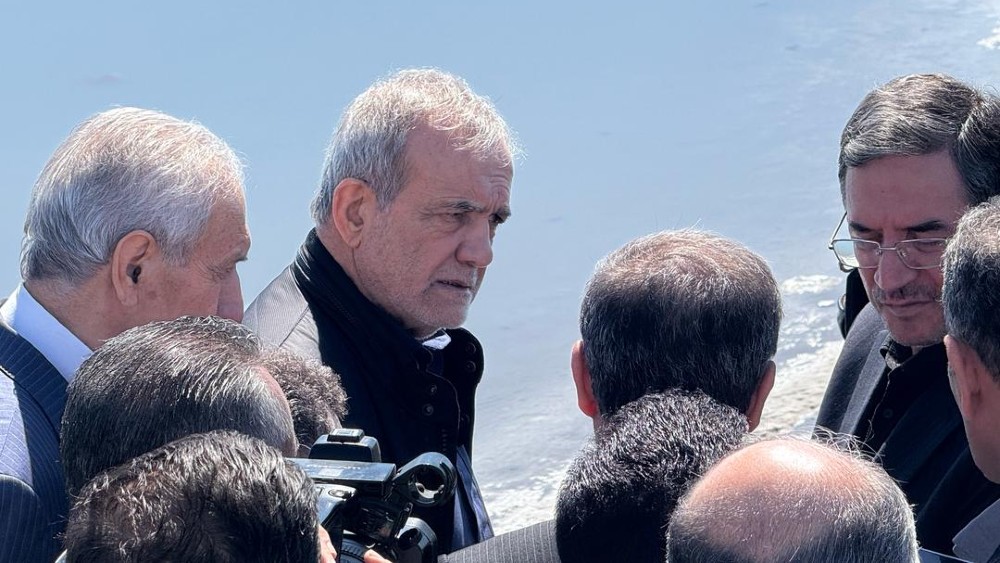
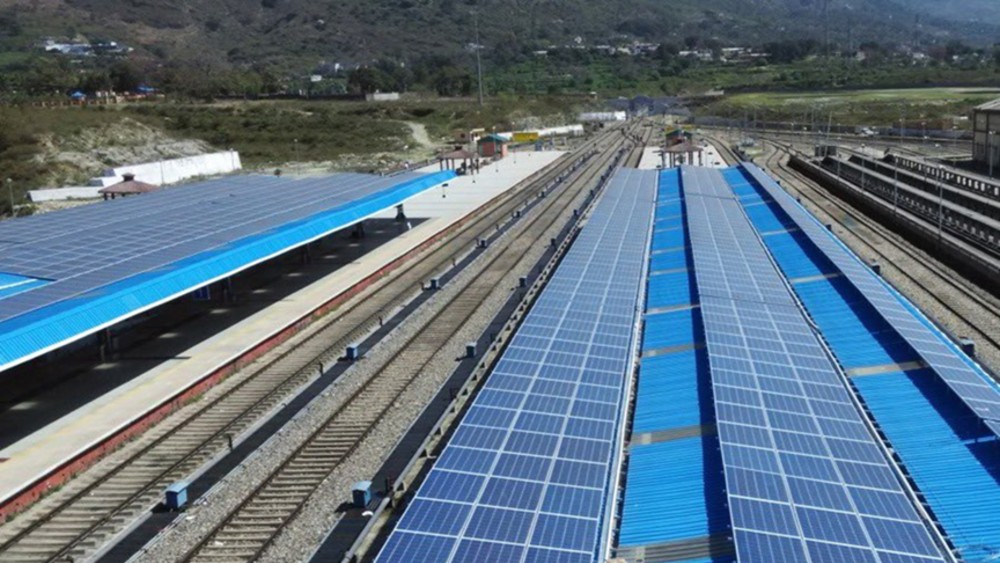
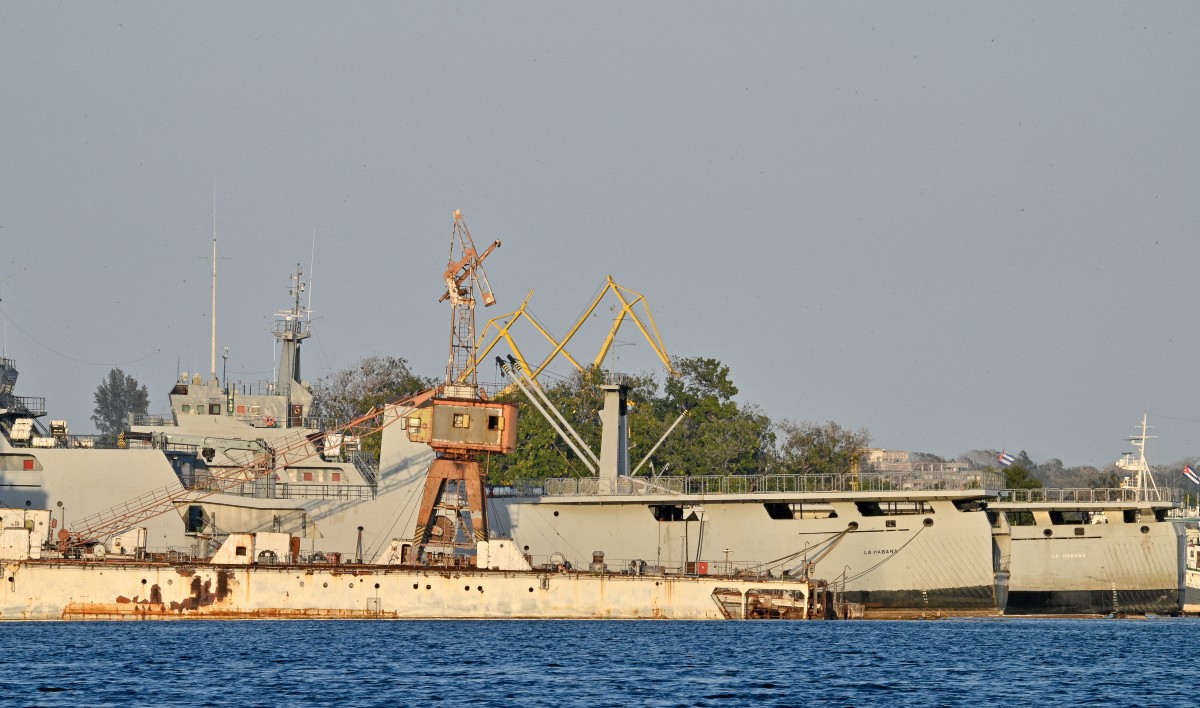
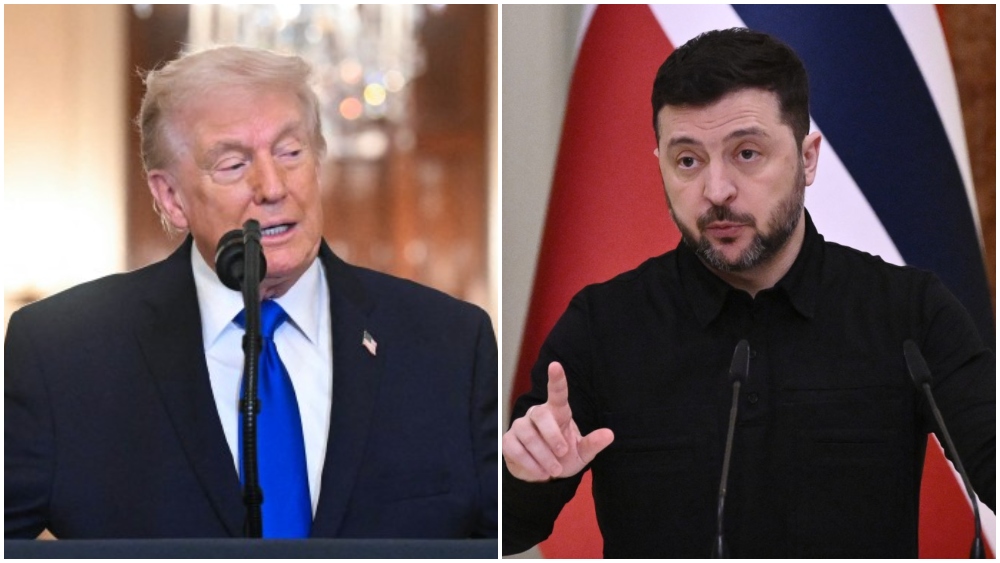

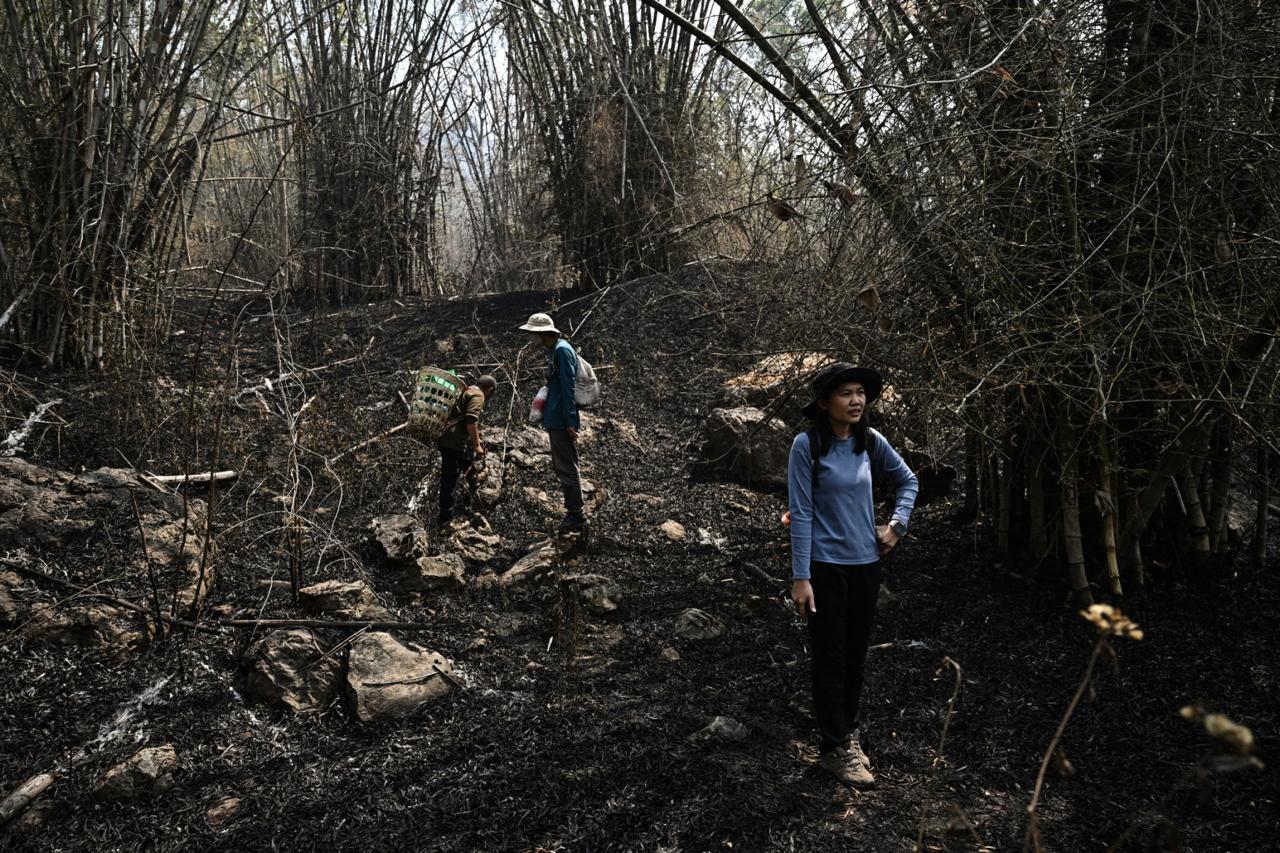
.jpg)
